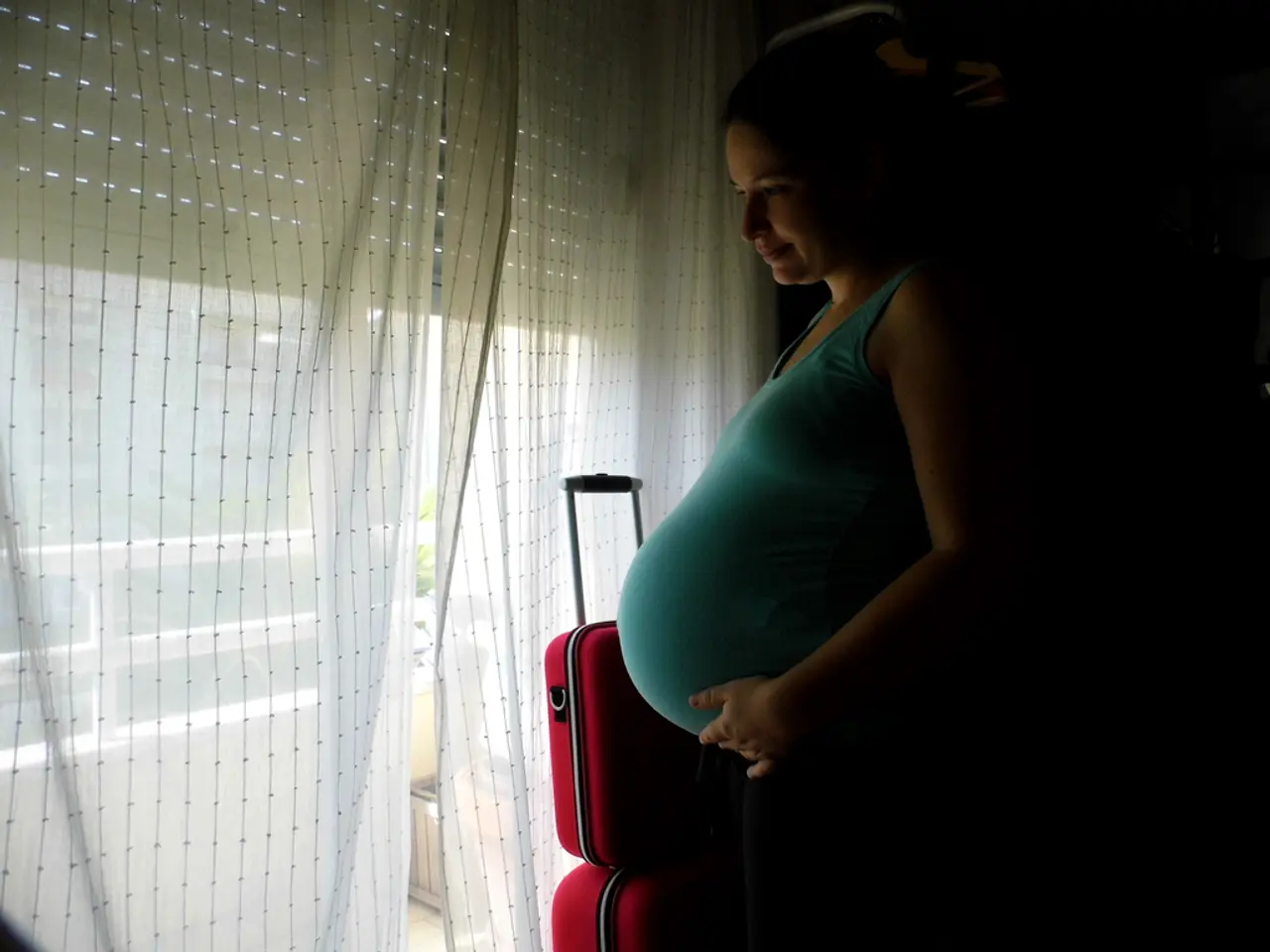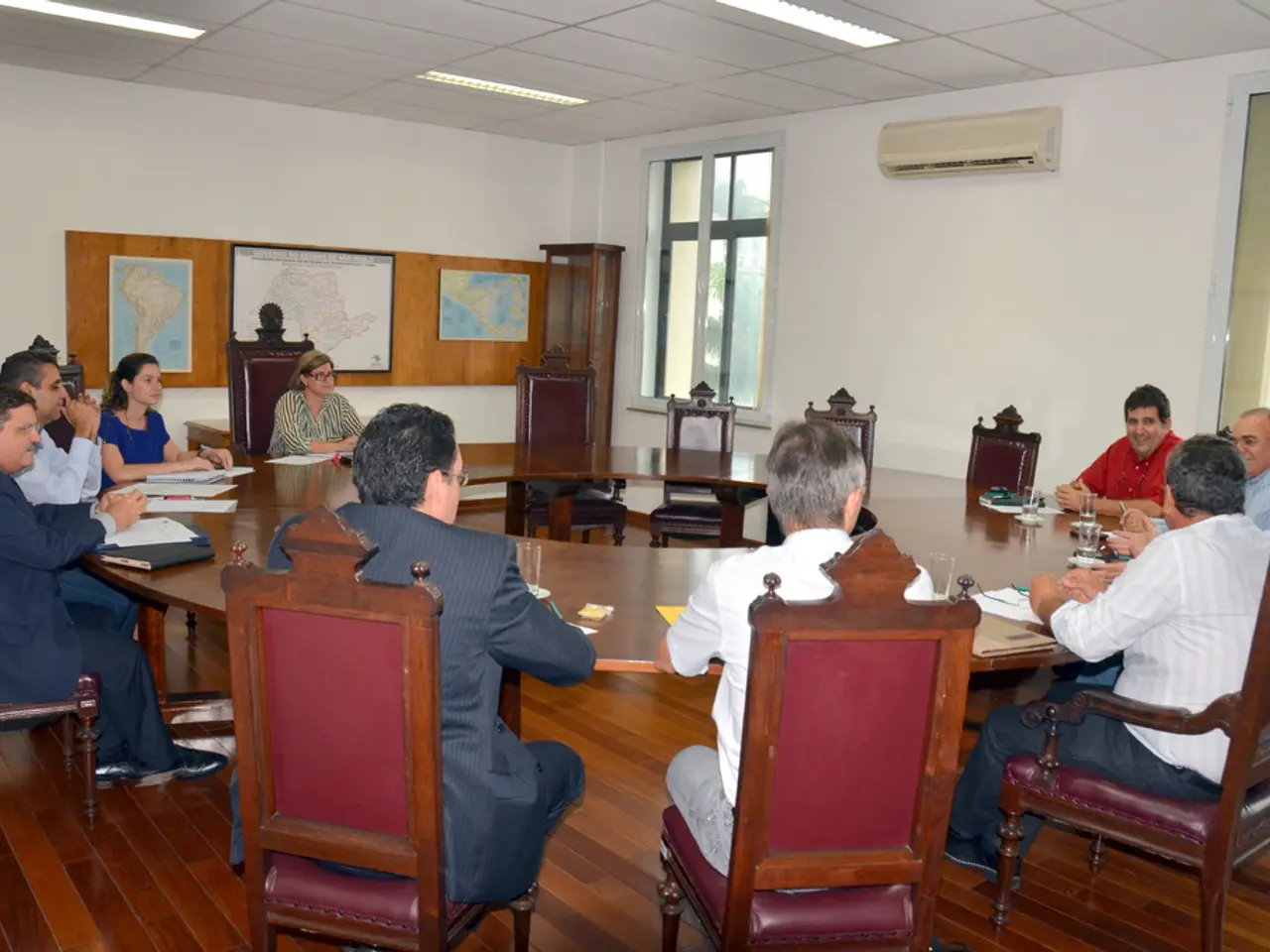Northeastern Kazakhstan under lockdown: 29 towns and villages imposed with quarantine due to bird flu outbreak
The bird flu predicament in Kazakhstan is escalating rapidly. The North Kazakhstan region is grappling with the crisis, as the number of deceased birds has surged to an astonishing 199,000. Professionals are grappling with disposing of the virus-ridden geese and chickens, according to Almaty.tv reports.
Despite the challenges, the region remains under lockdown with 29 settlements declared as quarantine zones. In 11 of these villages, all poultry has been seized and disposed of. Vaccination efforts are underway across the region. The Beiskol poultry farm has been under restrictions for a decade.
Berik Alzhankov, head of the regional veterinary department, commented, "More than 199,000 birds have perished in the region, with 183,000 of those lost on poultry farms. Around 260,000 birds have been immunized across the region. Currently, the vaccination drive is ongoing in settlements with water sources."
To tackle the heightened volume of dead birds, a "Hurricane-3000" furnace, designed for biological waste disposal and incineration of animal carcasses, has been employed. Staff from the capital have joined local teams to collect and burn the domestic birds. Fayzolla Begenov, head of the epizootic squad, added, "Approximately 15-20,000 birds are destroyed daily at this poultry farm. The furnace is thoroughly cleaned of ash after usage. Before closing the lid, the bird carcasses are carefully arranged. That’s how we operate, maintaining a burning temperature of 1000 degrees."
According to the Ministry of Agriculture, the contagious viral disease was imported from Russia by migratory birds. Since the outbreak started, over 500,000 chickens, geese, and ducks have succumbed to the illness in 7 regions of the country.
Though specific countermeasures in Kazakhstan are not detailed in recent reports, some global strategies to control bird flu outbreaks may include:
- Strict Biosecurity Measures: Implementing stringent biosecurity regulations on farms to curb viral spread.
- Vaccination Programs: Vaccinating poultry flocks to minimize infection risk.
- Monitoring and Surveillance: Regularly monitoring poultry and wildlife for indications of infection.
- Culling Infected Flocks: Depopulating infected flocks to prevent further dissemination.
- Public Health Education: Educating the public, particularly those in high-risk occupations, about personal protective equipment and hygiene practices.
- The North Kazakhstan region has imposed a lockdown on 29 settlements, declaring them as quarantine zones, due to the escalating bird flu predicament.
- Professionals are working to dispose of the deceased poultry, which has been surging in number, reaching 199,000.
- In an effort to combat the heightened volume of dead birds, a "Hurricane-3000" furnace, designed for biological waste disposal and incineration of animal carcasses, has been employed.
- As part of global strategies to control bird flu outbreaks, implementing stringent biosecurity regulations on farms, vaccinating poultry flocks, regularly monitoring poultry and wildlife for signs of infection, and depopulating infected flocks may be considered.








